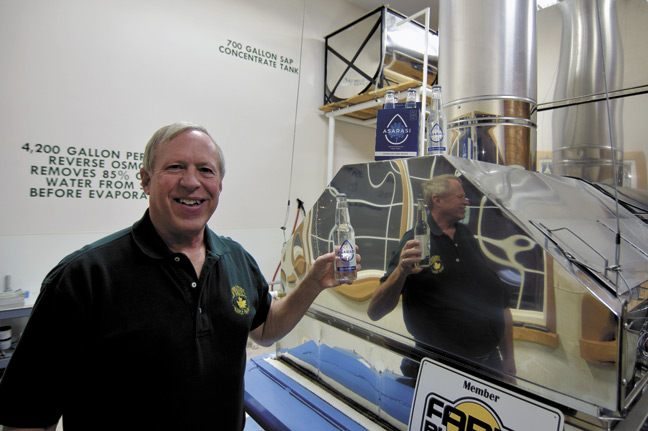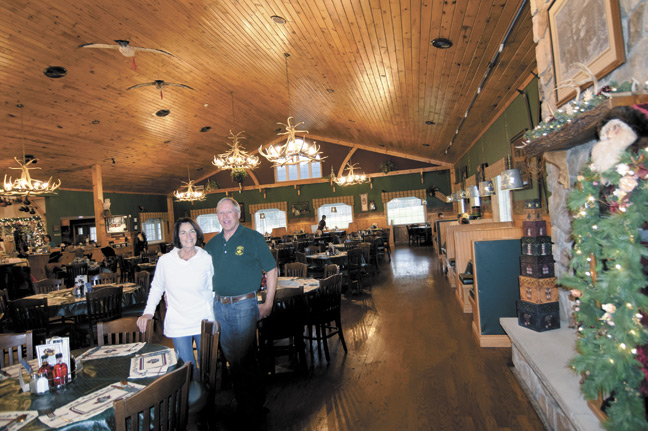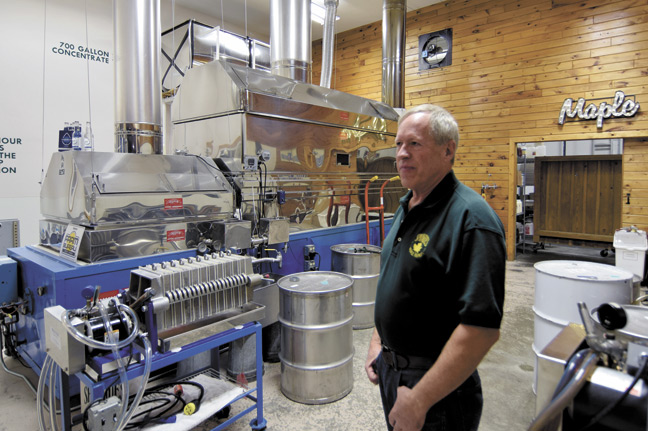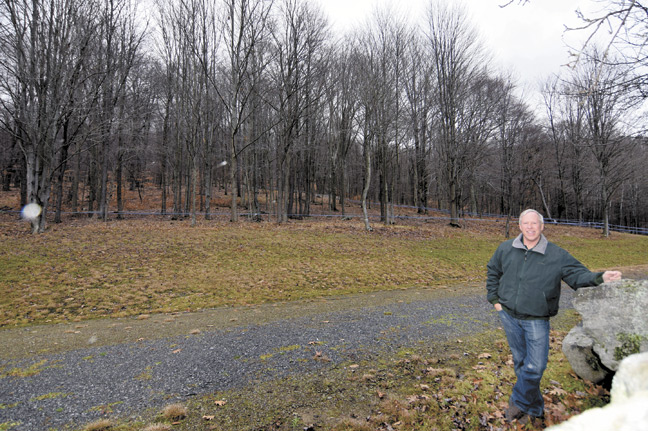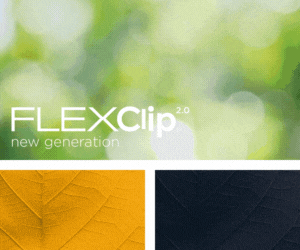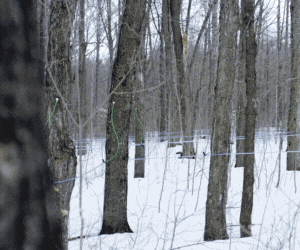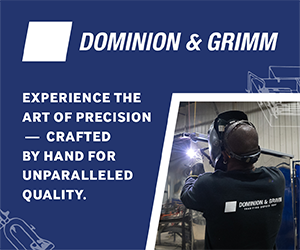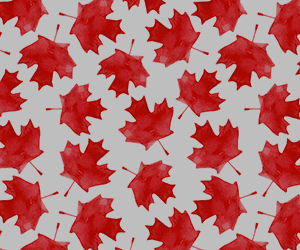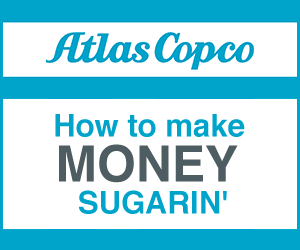Headlines
Sugarmaker launches permeate beverage
Betting big on ‘tree filtered’ water
By PETER GREGG | FEBRUARY 2017
PORTVILLE, N.Y.—Leave it to a sugarmaker to find an innovative way to make money from R/O permeate water.
They call it Asarasi.
That’s the name of a new beverage product that derives from R/O permeate and is poised to make a big splash—pun intended—in the hard-to-break-into retail beverage category.
“We call it ‘tree filtered’ water,” said Randy Sprague, a 25,000-tap sugarmaker in Portville, N.Y. who has partnered with Connecticut-based marketing guru Adam Lazare to launch the company.
“It’s the most absolute pure water you can get,” Sprague said.
Asarasi, which gets its unusual name from the latin for ‘maple,’ is lightly carbonated to give it a “mouth feel,” Lazare said.
Otherwise, it has no taste.
“People expect a flavor to it,” Sprague said, during a tour of his facility for The Maple News last month. Instead, its marketing angle is its pureness.
Sprague said the company, now in its second year, is touting the all-naturalness of the product, and that the water is “filtered through tree root hairs at a microscopic level” for a truly all-organic water.
The beverage should fit right in with the super hot pure water category in the high end supermarket and health food store circuit.
For example, coconut water, which has become the trendy beverage of choice for the celebrity set in Hollywood, has become so popular that coconut farms in the Caribbean are actually running out of coconuts.
Sprague and Lazare are betting big on their product.
They have lined up a bottling plant near Buffalo to package the water and have come up with an innovative system to freeze permeate from the sugaring season in 300 gallon totes and store them in a holding facility, allowing them to distribute the product in jibe with demand throughout the year.
If the product takes off, Sprague is hopeful he can generate another income stream for his operation from something that would otherwise be dumped.
He estimates that off his 25,000 taps, in a typical year, he generates approximately 400,000 gallons of water, and uses probably less than 20 percent of that for cleaning.
With the rest of the water, “we do what everybody else does, we send it down the drain,” he said.
Sprague and Lazare are planning on attending the New York Maple Conference on January 7 in Verona, N.Y. to talk about their venture and hopefully line up sugarmakers to get under contract for their permeate.
“Once we get sales that exceed our own production we need to source it out,” Sprague said.
He estimates that after another year of growth and development of the company, he and Lazare will be taking in permeate from other sugarmakers, and paying them for it.
“We are thinking that 10 cents per gallon is reasonable at this point,” he said.
Sprague also said he would send tanker trucks directly to the farm during the season to collect the water, much like milk tanker trucks to dairy farms.
Contracted producers will need to make sure their permeate is stored in food grade containers and follow certain protocols for cleaning.
In the end, Sprague, who has experienced so much success in the maple industry, expects his new beverage to be either as big as Pepsi or distributed by the soft drink giant. In fact, he hinted that Asarasi has already gotten interest from big-time beverage companies.
“We’re not going to give up until it’s everywhere in the nation,” he said.















